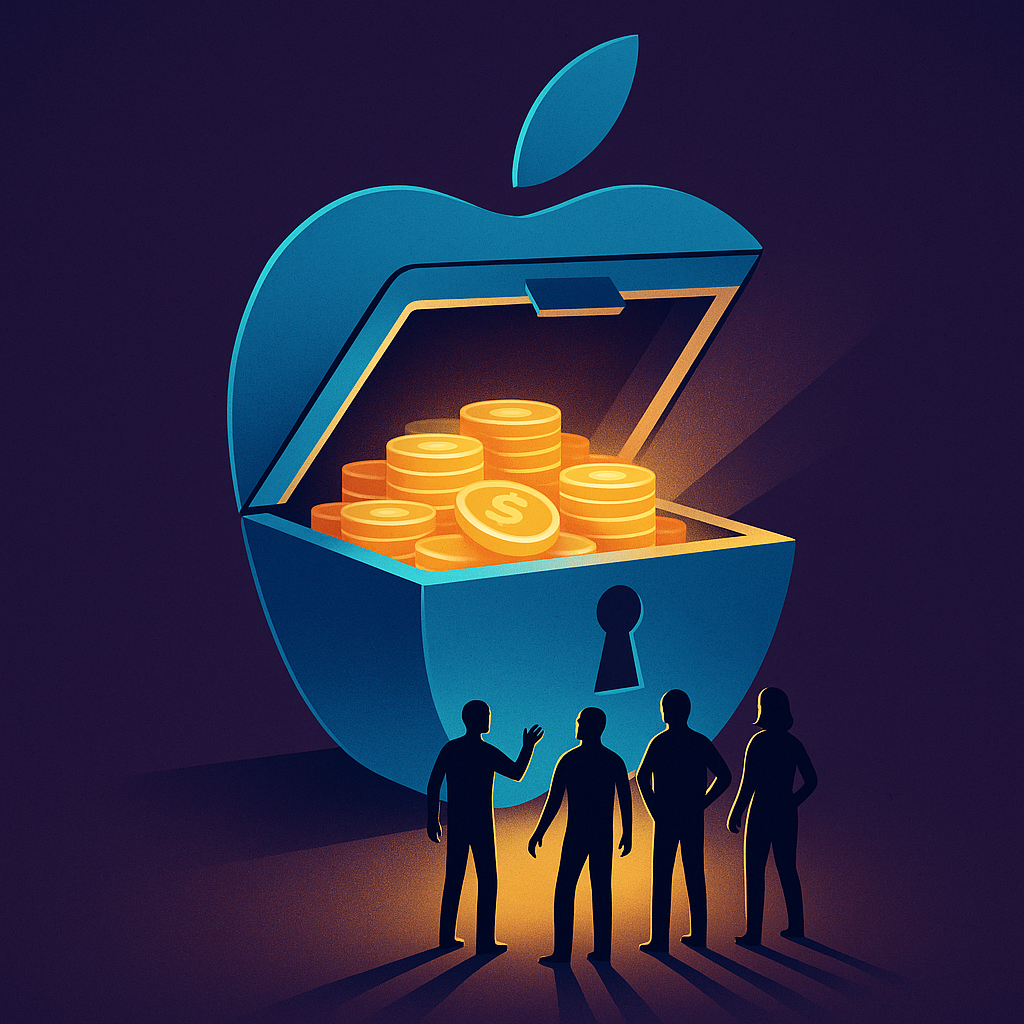Epic Won the Battle. Now Developers Want Their Refunds.
 When Epic Games went head-to-head with Apple, the Federal Court found that Apple misused its market power by locking iOS developers into the App Store and its payment system. That was big. But the Anthony v Apple class action takes it a step further: what if Apple has been overcharging Australian developers and consumers for years?
When Epic Games went head-to-head with Apple, the Federal Court found that Apple misused its market power by locking iOS developers into the App Store and its payment system. That was big. But the Anthony v Apple class action takes it a step further: what if Apple has been overcharging Australian developers and consumers for years?
From liability to dollars
In Epic v Apple [2025] FCA 900, Justice Beach held that Apple’s restrictions substantially lessened competition in two markets:
-
iOS app distribution; and
-
iOS in-app payment solutions.
That case was about liability — whether Apple broke the law.
In Anthony v Apple Inc [2025] FCA 902, the Court applied those findings in the context of a class action by developers and users. This time, the question wasn’t just “did Apple misuse its power?” but “what should Apple have charged if competition had been allowed?”
The counterfactual commission
Apple famously takes up to 30% of in-app revenue. The class action alleges that this cut was inflated by Apple’s anti-competitive restrictions.
Justice Beach accepted that the key issue was whether commissions exceeded the “counterfactual” level — i.e. the rate that would have prevailed in a competitive market.
That’s not just a legal puzzle. It’s an economic modelling exercise: estimating what rival app stores and payment processors would have charged, and how Apple’s fees distorted prices across the app ecosystem.
Why this matters
-
Developers: If successful, they may recover damages for inflated commissions they’ve paid over years. That could mean real money back into the hands of Australian app makers.
-
Consumers: If commissions were inflated, those costs were often passed on through higher app and in-app purchase prices. Compensation claims could extend to end users.
-
Apple (and Google): The damages bill could be eye-watering. Liability findings are one thing; being ordered to pay back billions is another.
A coordinated strategy
Justice Beach emphasised that his reasons in Anthony v Apple should be read together with Epic v Apple and Epic v Google. This isn’t three random cases — it’s a coordinated litigation front against the app store model.
First, establish liability (Epic).
Then, pursue compensation (Anthony).
Finally, broaden the net (Epic v Google).
The bigger picture
Globally, regulators and courts are converging on the same theme: Apple and Google can’t use security or convenience as a shield for overcharging.
Australia’s twist? Class actions have a way of turning abstract competition law into concrete refunds.
⚖️ The takeaway
Epic v Apple broke open the wall. Anthony v Apple asks whether Apple should hand back the gold it’s been collecting inside.
This isn’t just another round in the same fight — it’s the damages phase of the app store wars. And it could hit closer to home for Australian developers and users than anything Epic ever fought for.
 When Epic Games took on Apple in the US and Europe, the headlines practically wrote themselves – it was billed as a David-and-Goliath showdown between the Fortnite maker and the Cupertino colossus. Now, the same fight has reached Australian shores — and the Federal Court has bitten into Apple’s walled garden.
When Epic Games took on Apple in the US and Europe, the headlines practically wrote themselves – it was billed as a David-and-Goliath showdown between the Fortnite maker and the Cupertino colossus. Now, the same fight has reached Australian shores — and the Federal Court has bitten into Apple’s walled garden.